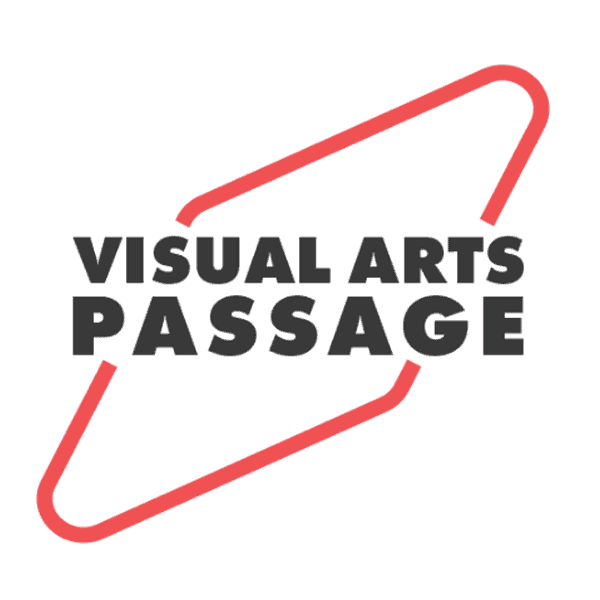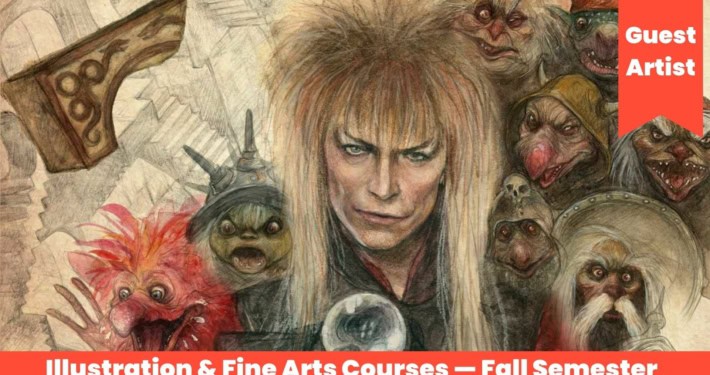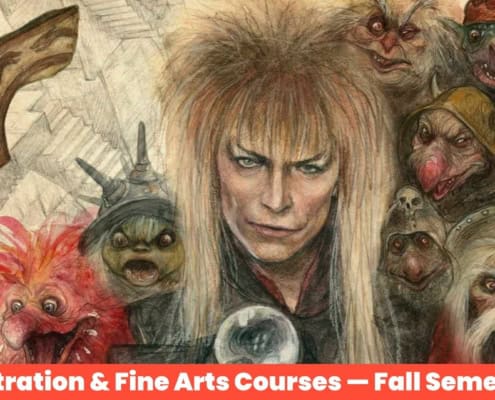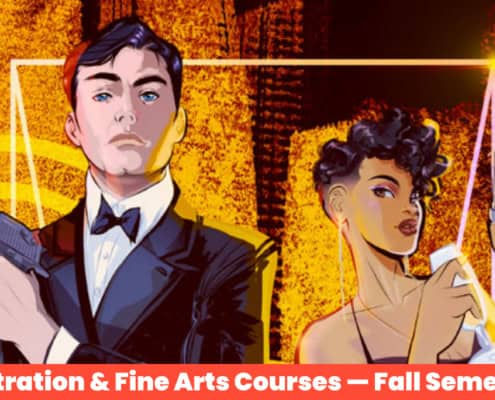Creating Storyboards for Animation
CULTIVATING STORY-BOARDING SKILLS BEGINS WITH DRAWING, AND ENDS WITH A LIVELY CAREER HELPING ANIMATORS BRING THEIR STORIES TO LIFE THROUGH STORYBOARD PANELS. FIND OUT HOW TO CREATE A PORTFOLIO TAILORED FOR THE ANIMATION INDUSTRY.

Viviane Kosty
FIRST STEPS: DRAWING
To capture an animator’s vision, start by drawing and experimenting with camera angles, camera movements, and close up shots from your own favorite animated films. Once you have found the scenes that best capture the animatic styles you want to study, start highlighting the movement of each character, keeping in mind the importance of character design throughout each storyboard panel.
Beyond studying your favorite animated films and character designs, get comfortable with filmmaking terminology that you will be tasked with representing on each storyboard panel. You’ll want to know what a director means when they say they want, “an extreme close-up” or “point of view” shots. When you’re working with a big animation studio, you are the first person to translate the feeling of the film for the initial production process. Storyboarding is about capturing what each camera angle, aspect ratio, and motion graphics will look like for the final cut. Be prepared to go through lots of iterations of each storyboarding scene. Even in live-action
BRIDGE THE GAP BETWEEN CHARACTER DESIGN, VISUAL EFFECTS, AND CINEMATOGRAPHY
PRODUCTION PROCESS
You will begin your production process with the help of animation storyboards, storyboard panels, and storyboard templates. Animated films will rely on your ability to create correct camera angles, camera movements, and close-ups through simple drawings, motion graphics, and point of views. Are you ready to collaborate with your team? Make sure everyone is up to speed on the aspect ratios, pre-production tasks, and digital art renderings before moving on to storyboarding.
BEYOND ANIMATION: MOVIES, VIDEO GAMES, GRAPHIC DESIGN, AND ADVERTISING ALL USE STORYBOARDS
Comic books, Disney movies, Pixar films, and TV shows all utilize animation storyboards during their filmmaking process. This is a great way to gain industry experience by becoming a storyboard artist! Whether you are a cinematography expert or live action novice, you will notice a large part of creating animated films is through the creation of storyboard panels and storyboard templates.
IT’S ALL ABOUT THE PITCH!
The production process will involve lots of collaboration with the animation industry, storyboarder, and story artist. Make sure you begin your production process with the help of every department. From sound effects to special effects, everyone has a role to play.
HOW DO I BUILD STORYBOARD SKILLS?
While Illustration lays the foundation for many careers in the visual arts world, concept art often revolves around project-based jobs involving larger teams and operational pipelines that are sometimes critical to the overall success of the project. There is an incredibly wide spectrum of opportunities for artists who specialize in this profession.
As a creature, character, or environment designer, drawing skills remain incredibly important, but it is also important that you can articulate the technical function and purpose of your designs in the world you are building. As a concept artist, you will learn how to work with other artists and how the digital pipeline works at video game arts studios.
LEARN MORE ABOUT CONCEPT ART AND CHARACTER DESIGN COURSES AT VISUAL ARTS PASSAGE
To make sure your portfolio is ready for a career as a concept artist, start by meeting with professional concept artists as your mentors, create work based on real-world projects, and refine your skills with lots and lots of concept art and illustration practice. The best place to begin this journey is with Visual Arts Passage’s Concept Art Program. Our mentorships are centered around one-on-one instruction by industry pros, tons of live lectures and demonstrations, unique networking opportunities, and real-world advice to gain access to the entertainment arts industry.









Leave a Reply
Want to join the discussion?Feel free to contribute!